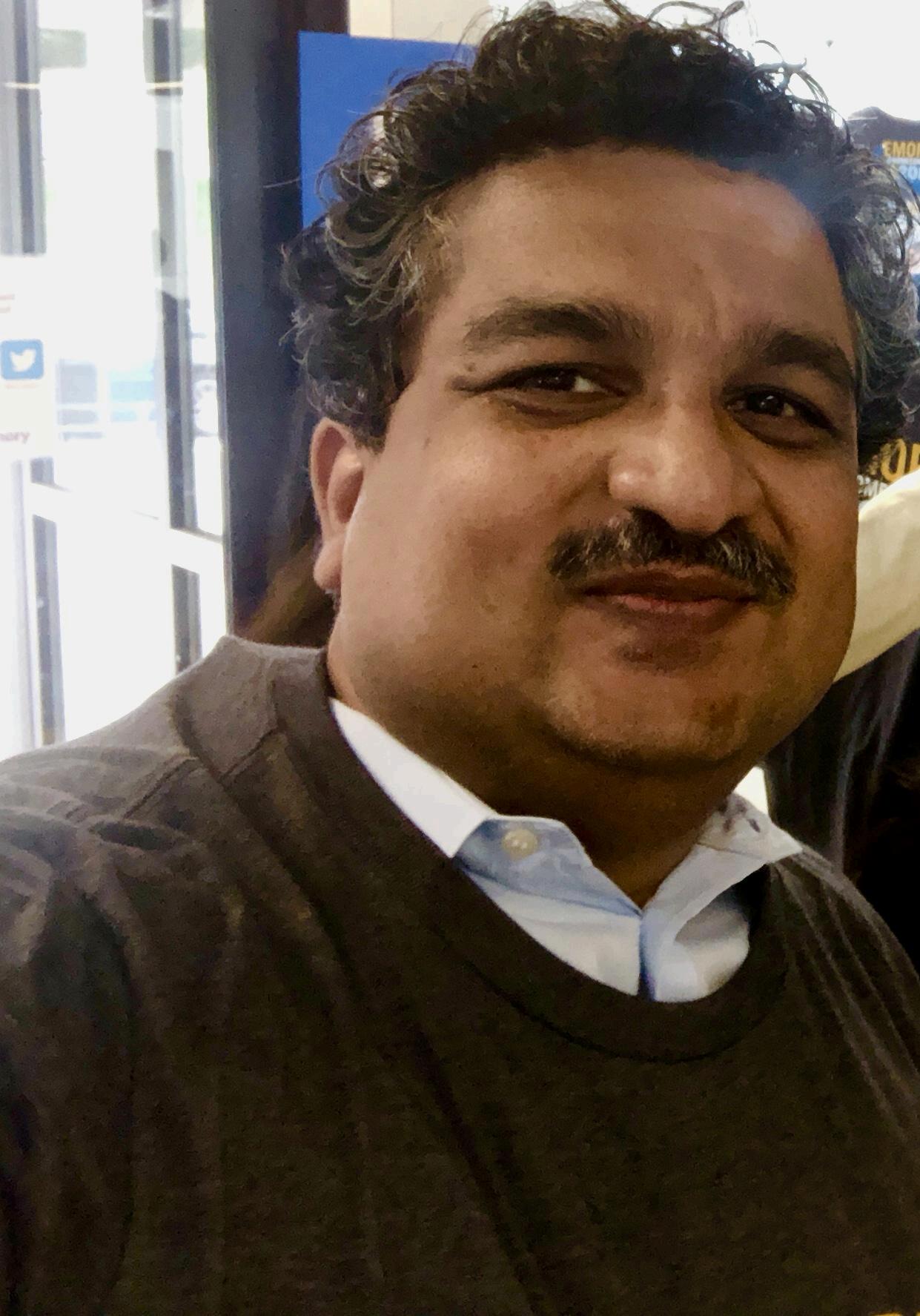Journeys Across Beliefs: The Transformative Power of Interfaith Travel

Isam Vaid suggests that interfaith travel is more than just a journey from one destination to another; it is a passage into the heart of humanity’s diverse spiritual and cultural expressions. At its core, it involves traveling to places of religious or spiritual significance with an openness to learning from faith traditions other than one’s own. These experiences can be profoundly enriching, offering not just a broadened worldview but also a deeper understanding of the values and beliefs that shape different communities
The beauty of interfaith travel lies in its ability to create bridges between people who may otherwise remain separated by cultural or religious boundaries Standing in the shadow of an ancient mosque, sitting quietly in a Buddhist monastery, or participating in a Hindu festival allows travelers to immerse themselves in traditions that may feel distant in everyday life These moments foster empathy and dispel misconceptions, revealing that while practices may differ, many core values, kindness, compassion, and a search for meaning, are shared across faiths.
Such journeys often take travelers to places steeped in history Visiting sites like Jerusalem, Varanasi, Mecca, or the Vatican is not only a step into sacred spaces but also into the collective story of humanity These places are living records of devotion, resilience, and transformation, shaped by centuries of faith and human endeavor. Walking through these locations, one can feel the weight of time, recognizing that countless generations have stood in the same spots to seek guidance, solace, or inspiration

Interfaith travel also brings to light how faith influences art, architecture, and daily life From the intricate tilework of Islamic design to the soaring stained glass windows of Gothic cathedrals, religious expression is often woven into the fabric of a culture’s creativity Experiencing these works in person offers a perspective that no book or photograph can replicate, allowing travelers to see firsthand the dedication and skill that faith communities have invested in their sacred spaces
Equally important is the interpersonal aspect of interfaith travel. Meeting people from different religious backgrounds in their cultural contexts provides opportunities for genuine dialogue Sharing a meal, joining in a local celebration, or listening to personal stories opens doors to mutual respect and understanding. These encounters remind travelers that religion is not an abstract concept but a living, breathing part of people’s identities and daily lives

For many, interfaith travel becomes a journey of personal reflection. Being exposed to different ways of worship, prayer, and contemplation can inspire individuals to reconsider their own beliefs and practices. Some find renewed commitment to their faith, while others embrace a broader spiritual outlook that integrates elements from multiple traditions. Either way, the journey often leaves an enduring imprint on the traveler’s perspective, encouraging openness and humility.

Interfaith travel is not without its challenges It requires sensitivity, patience, and a willingness to approach unfamiliar traditions without judgment Respecting local customs whether it means removing shoes before entering a temple, covering one’s head in a sacred space, or observing periods of silence is essential for fostering genuine connection It is also important for travelers to educate themselves beforehand, ensuring they approach these spaces with informed curiosity rather than mere tourist interest.

In an increasingly interconnected yet divided world, interfaith travel holds immense potential as a tool for peacebuilding. By fostering understanding at a personal level, these journeys help break down stereotypes and create networks of goodwill that extend far beyond the trip itself. The memories and relationships formed during such travels often inspire ongoing engagement with interfaith dialogue and cooperation.
Ultimately, the experience of interfaith travel is a celebration of human diversity and shared humanity. It invites people to step outside their comfort zones, to listen with empathy, and to see the world through another’s eyes In doing so, it enriches both the traveler and the communities they encounter, leaving a legacy of respect, learning, and connection that lasts long after the journey ends.
